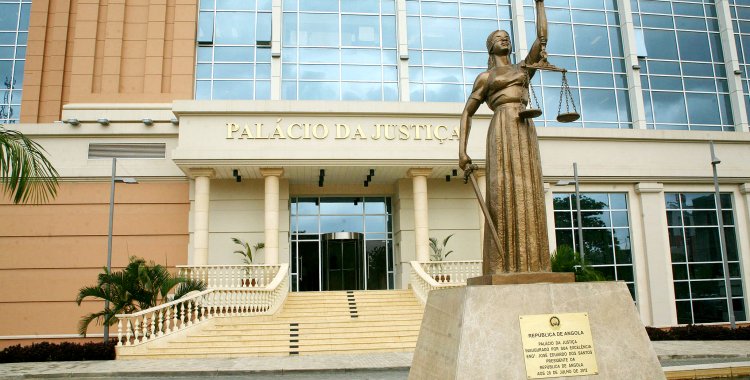Measures proposed in the context of a process of reforming the Angolan justice system, which Cedesa considers essential.
"In addition to the reinforcement of funds, whether through the General State Budget or through assets recovered in corruption processes, a new model for the management of legal funds must be considered that guarantees rationality and efficiency in the allocation of resources", he says Cedesa, in an analysis that Lusa had access to.
In this context, the group of academics defends the handover of the management of justice "to an autonomous institute with transparent management of the administration of justice, which would manage budget revenues, revenues from the fight against corruption and could have its own revenues related to the activities of the justice".
The institute would have "professional managers and would be audited by an international auditing company" and its operating model "would be decentralized with a manager attached to each district court and higher court", he adds.
According to Cedesa, with the creation of this institute, there would be, "along with the reinforcement of funds, an autonomous management of the funds of justice, which would be administered by an institute with professional managers constituted for the purpose and which would work in a decentralized manner in each court".
In addition, Cedesa also proposes "the creation of an Anti-Corruption Police in the Magistracy (PACOM), dependent on the National Assembly".
That police force (PACOM) should function "for seven years, with investigative powers of judicial magistrates limited to situations of corruption", he considers.
Thus, it would have a very restricted mandate "to avoid accusations of interference" and would be controlled by the National Assembly and also by civil society", he adds.
"Civil society control would take place through an 'US grand jury' style system and "any investigation that PACOM decided to carry out against a magistrate would only proceed after being validated by a group of 12 members of the civil society, which would function as a filter and inspector of the intentions of the anti-corruption police in relation to the magistrates", specific.
Thus, "the investigation of the corruption of a certain judge would not only be a police decision, but also a decision of society", he stresses.
After seven years, "self-control systems would be implemented within the magistracy itself, hoping that at the end of that time a new pedagogy and practice would have been adopted", he concludes.
For Cedesa, corruption is one of the main obstacles to the Angolan justice system, along with an inadequate legal context, lack of material resources and efficient management of the sector's budget and the political issue, in other words, its politicization.
"In order to propose an adequate reform of the Angolan justice system, it will be necessary, as a matter of priority, to identify the obstacles and impediments to its proper functioning, as it will be in these 'Gordian knots', and not in general and abstract declarations, that the reform process should be centered", reads in the document.
Cedesa added that it carried out "a short closed inquiry" into corruption in the Angolan magistracy among judicial operators, which "allowed it to reach the conclusion that the majority believes that judges are influenced by monetary or political reasons, and, in that sense, many of the decisions are made based on these influences, not taking into account the applicable law".
According to the group of academics, there are "even references, by magistrates, of various attempts to offer gifts or monetary amounts".
The research center points out that this survey does not have a sufficiently large sample to allow for scientific conclusions to be drawn. "It just gives us an impression of the opinions existing among lawyers, magistrates and court officials", he stresses.
But, he concludes, "an image of legal uncertainty has been created among legal operators and investors and [which] it is essential to overcome", he says.
Another blockage and issue on the agenda is the politicization of Angolan courts, he says.
"There is no day that a published opinion does not appear, generally linked to the opposition, indicating the lack of credibility, especially in the higher courts, and in these the Constitutional Court, due to its politicization", namely related to the party affiliation of judges and because "directly or indirectly, the large majority of judges ends up depending on the nomination of the President of the Republic or of the majority party in the National Assembly, the MPLA".







